Would you like to live in a world where clothes are made with quality rather than quantity in mind?
Sustainable fashion is the way to go.
This article will discuss 11 TED talks that offer tips on becoming a more conscious fashion consumer.
Let's get right into it.
Table of Contents
- #1. The Problem with Fast Fashion: Cheryl Wu
- #2. The Wardrobe to Die For: Lucy Siegie
- #3. You Are What You Wear: Christina Dean
- #4. Wear Nothing New: Jessi Arrington
- #5. Change your Closet, Change your Life: Gillian Dunn
- #6. Changing the World Through Fashion: Eva Kruse
- #7. 3 Creative Ways to Fix Fashion Waste Problem: Amit Kaira
- Designing easily recyclable clothes
- Design Clothes that are Compostable
- Dye Clothes with Natural Dyes
- #8. Fashion Sustainable Revolution and the Women Leading it: Dana Thomas
- #9. How to Engage with Ethical Fashion: Clara Vuletich
- #10. The Imperative for Sustainable Fashion: Myron Benn
- #11. Redressing the Fashion Industry: Orsola de Castro
- It's Time We All Played Our Part
#1. The Problem with Fast Fashion: Cheryl Wu
The first talk on our list is Cheryl Wu's discussion on the problem with fast fashion.
During the talk, she discusses fast fashion facts, with her main focus being the exploitation of workers in the textile and garment industry.
According to Cheryl, fast fashion has more negative effects in developing countries than developed countries. This is because most of the production occurs in developing countries.
It's the people from developing countries who are exploited, and its rivers in developing countries that are polluted by textile production.
In summation, Cheryl urges people from developed countries to play their part in fighting the fast fashion scourge. Some of the tips she gives include:
- Reusing old clothes as rugs and hair scarfs
- Donating and recycling when clothes reach the end of life.
#2. The Wardrobe to Die For: Lucy Siegie
In this TED talk, British writer and environmental journalist Lucy Siegie talks about our clothes' environmental and social impact.
Lucy starts the talk by sharing statistics on the number of garments produced every year (80 billion). She then moves forward to explain the amount of water required to produce a single pair of jeans (11000-20000L).
When discussing the social impact of fast fashion, Lucy focuses on Bangladesh, which is now the world's biggest textile producer. According to Lucy, 80% of Bangladesh's GDP comes from the textile industry.
Although textile is such a high revenue generator, Bangladesh textile workers are among the most exploited.
To counter these problems, Lucy suggests that people should wear clothes more times than they usually do. "Don't buy anything until you can guarantee that you can wear it 30 times."
She also proposes that designers should focus more on designing quality rather than designing for the landfill. According to Lucy, clothing companies make cheap clothes that are easy to discard.
#3. You Are What You Wear: Christina Dean
Delivered by the founder and CEO of Redress, this TED talk discusses the role of the consumer in fighting fast fashion.
According to Christina, every time you put on a pair of pants or t-shirt from a fast-fashion company, you become an accomplice to this pollutive industry.
Christina explains that she has previously tried tackling the problems of the textile industry from the production end but realized that most of the problems could be solved from the consumers' ends.
According to Christina, it's consumers who promote the fast-fashion culture. It's consumers who promote the culture of buying and getting rid of clothes quickly. If consumers took up their role as "soldiers" against the negative effects of fast fashion, it becomes easier to make changes to the industry.
She concludes the talk by urging people to have an emotional connection to their clothes. If you love your clothes, you're less likely to get rid of them. Some of her tips to achieve this include:
- Buying less
- Buying high-quality clothing
- Taking care of clothes
- Recycle when you have to.
#4. Wear Nothing New: Jessi Arrington
Jessi's talk isn't just theoretical talk. She comes with photo evidence of her practicing everything she stands for.
She starts her talk by first explaining that she never buys anything new despite being a fashion lover. She gets all her clothes from second-hand charity shops.
According to Jessi, shopping in second-hand stores is like treasure hunting. If you take the time, you're bound to find something great.
She ends her talk with a slideshow of seven outfits she recently bought from charity shops. In her talk, you'll learn that you don't need new clothes to look good. It all depends on how you feel on the inside.
#5. Change your Closet, Change your Life: Gillian Dunn
While not necessarily a sustainable fashion talk, Gillian Dunn talks about what motivates us to keep buying more.
With a view similar to that of Jessi Arrington, Dunn argues that we buy new clothes in a bid to satisfy an innate desire to be enough.
However, this constant buying results in us not wearing all our clothes. According to Dunn, "We wear 20% of our clothing, 80% of the time."
Dunn also argues that we avoid wearing our most expensive clothes since we consider them too nice. At the end of the talk, she advises the audience not to put clothes in the closet but to wear them.
Clothes were not bought to be stored. They are to be worn.
"Don't let your candle melt in the closet."
#6. Changing the World Through Fashion: Eva Kruse
Through her organization, the Danish Fashion Institute, Eva Kruse is among the people leading the sustainable fashion movement.
She starts the talk by first giving some facts about fast fashion.
She then argues that while fashion companies have a role to play to reduce the negative effects, the consumers are the ones who play the greatest role.
Kruse argues that consumers can make substantial changes to the fashion industry if they moved their money to more sustainable brands.
According to Kruse, it's the little things that matter. If you and I as consumers decide not to buy fast fashion, and another several million people decide to do the same, there will surely be a change.
And that's not all!
Kruse argues that other than buying sustainable clothes, how people handle clothes also matters. According to Kruse, over 40% of the environmental impact of textile occurs at home. This includes how you wash, how often you wear your clothes, and how you discard old clothes.
So other than buying from sustainable brands, make sure you also take care of your clothes. And for old clothes, send them to recycling plants that convert the fabric to new thread.
#7. 3 Creative Ways to Fix Fashion Waste Problem: Amit Kaira
Amir Kaira starts his talk by first explaining how he was introduced to sustainable fashion.
In a bid to look for a cost-effective way to be stylish, Amir walked into a thrift store, bought some clothes, then went on to buy a sewing machine so that he could customize his clothes more.
Thanks to this experience, Amir has discovered other creative ways to fix the fashion problem. These are:
Designing easily recyclable clothes
According to Amir, fashion designers should approach clothing design like one would a design using Lego blocks. They should make it easy to disassemble clothes so that they can be easily recycled.
Design Clothes that are Compostable
Clothes such as socks, underwear, and pajamas can't be donated. On most occasions, they are sent to landfills at the end of life. However, if they are made of organic cotton, they can be composted.
Dye Clothes with Natural Dyes
Clothes may be made of organic cotton but are dyed with chemical colors that leach into the soil.
To solve this issue, dye clothes with natural dyes, including spices such as Turmeric. With natural dyes, it's easier for users to customize their clothes more.
#8. Fashion Sustainable Revolution and the Women Leading it: Dana Thomas
Dana Thomas's talk focuses on women working to promote sustainable fashion.
In her talk, she starts by giving a few stats on how cotton and polyester use affects the environment.
She then goes ahead and mentions five main change agents. These are:
- Sara Bellows - Owns stony creek colors, which is a natural dye company that grows natural indigo dye
- Sally Fox - Mother of modern organic cotton. She collects breeds of organic cotton, which is easier to grow and doesn't require as much water and chemicals
- Stacy Flynn – Co-founded Evrnu Seattle, a recycling plant that takes cotton apparel, breaks it down, and regenerates it.
- Cyndi Rhoades: Owns Worn Again, which is coming up with ways to separate cotton and polyester blends.
- Stella McCartney: Makes clothes only from sustainable material (no leather, no fur)
#9. How to Engage with Ethical Fashion: Clara Vuletich
Having helped different global fashion brands implement sustainable practices in their production processes, Clara Vuletich understands the topic of sustainable fashion from an industry leader's perspective.
In her talk, she discusses the cloth lifecycle, issues related to the industry and how we can be mindful consumers.
According to Vuletich, the fast fashion industry has turned us into passive consumers who constantly buy new clothes to make us happy.
Vuletich argues that the first step to ethical fashion should entail teaching designers how to make recyclable fashion.
She also proposes the use of organic cotton in place of conventional cotton. While it may be a bit costly, it's the ethical way.
She ends her talk by giving consumers tips on how they can play their part in encouraging ethical fashion. These tips are:
- Learn the art of hand stitching as it allows you to connect with your clothes mindfully
- Buy second-hand clothes
- If you must buy new, buy less and only high-quality clothes.
#10. The Imperative for Sustainable Fashion: Myron Benn
Of all the talks in this list, Myron Benn's is the funniest and most fun to listen to..
According to Benn, fashion is meant to help us feel good about ourselves. However, not everyone experiences this good feeling. To explain this point, Benn goes ahead and lists some statistics about the fast fashion industry
Benn's talk explains that fashion companies are now putting up steps to be more sustainable.
He however urges consumers to do their part by requiring fashion companies to institute sustainable measures.
And it should not end there.
He argues that consumers should take the time to confirm sustainability claims that fashion brands make to make sure they aren't being greenwashed.
#11. Redressing the Fashion Industry: Orsola de Castro
Orsola de Castro's talk is unique since it highlights a problem that none of the other speakers highlight. She talks about how fashion designers can help solve the textile waste problem at the manufacturing level.
Rather than letting unused textiles go to waste, Orsola runs an organization that converts these waste fabrics to usable fashion items.
According to Orsola, recycling is great but is energy-intensive. Upcycling, on the other hand, is more energy-friendly but a bit challenging.
While it may not solve waste problems from a consumer's side, Orsola's idea helps to reduce waste at the manufacturing level.
It's Time We All Played Our Part
The overarching idea from most of these talks is that sustainable fashion requires holistic action.
While fashion brands must use more sustainable practices, it's equally important for designers and consumers to play their part.
Designers should ensure that clothes are easily recyclable and compostable, while consumers should work to ensure that they take care of their clothes in a sustainable manner.
Another way consumers can help promote ethical fashion is by purchasing clothes from brands that produce high-quality apparel.
One such brand is Northbound Gear. Northbound gear is an anti-fast fashion clothing brand specializing in producing high-quality outdoor apparel using the most sustainable practices. If you'd like to check out our line of high-quality outdoor apparel, please visit our online store here.
Every purchase you make from our site plants a tree.
Read more

Leave no trace principles are a set of guidelines meant to help outdoor enthusiasts protect and conserve the outdoor environment. However, these principles can also be applied in everyday life. H...

Meet Viktor, an amazing wildlife & nature photographer and Northbound Gear ambassador. Meanwhile check out @viktordavare profile, his works are breathtaking🤩 SHOP MENS SHOP WOMENS ...
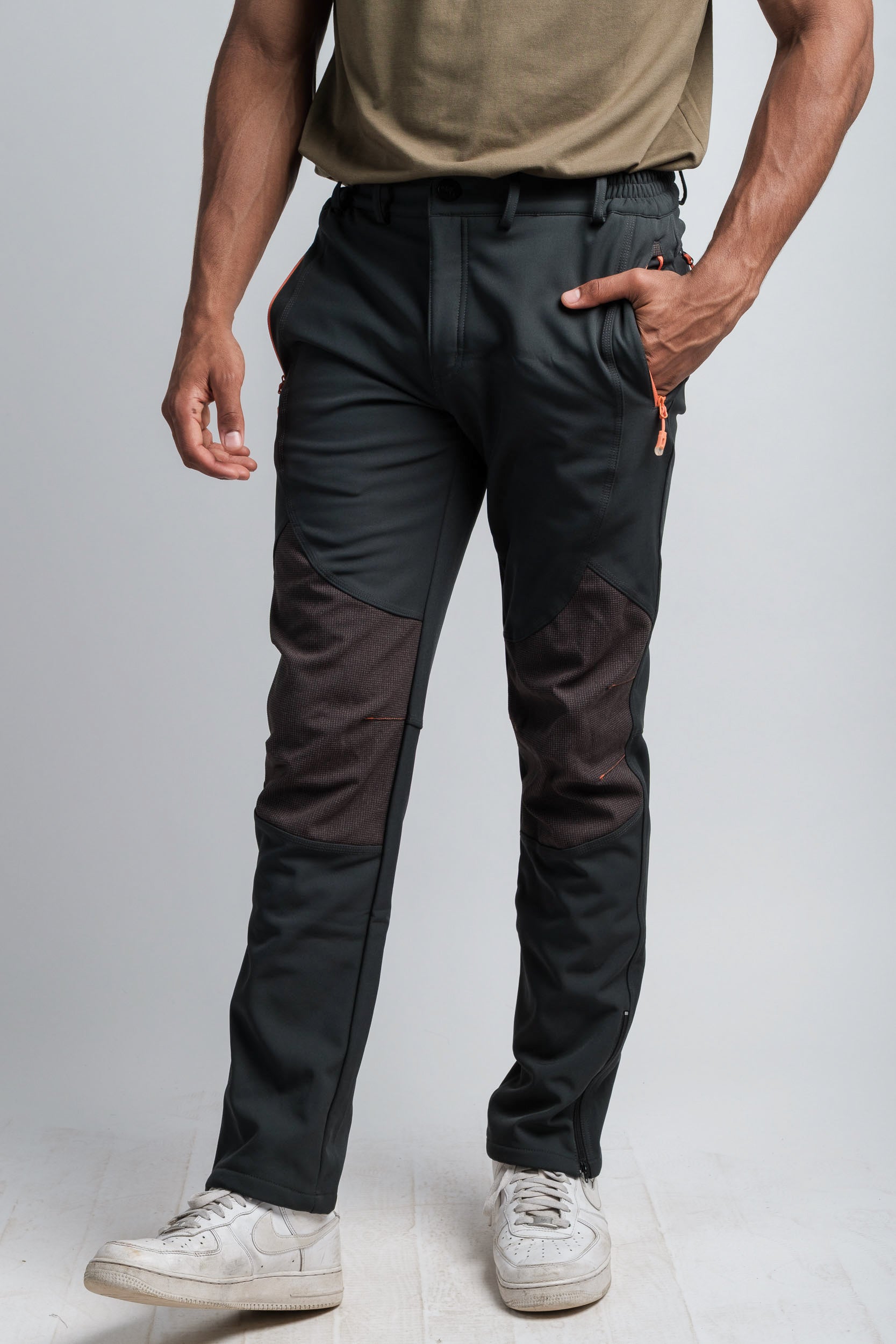
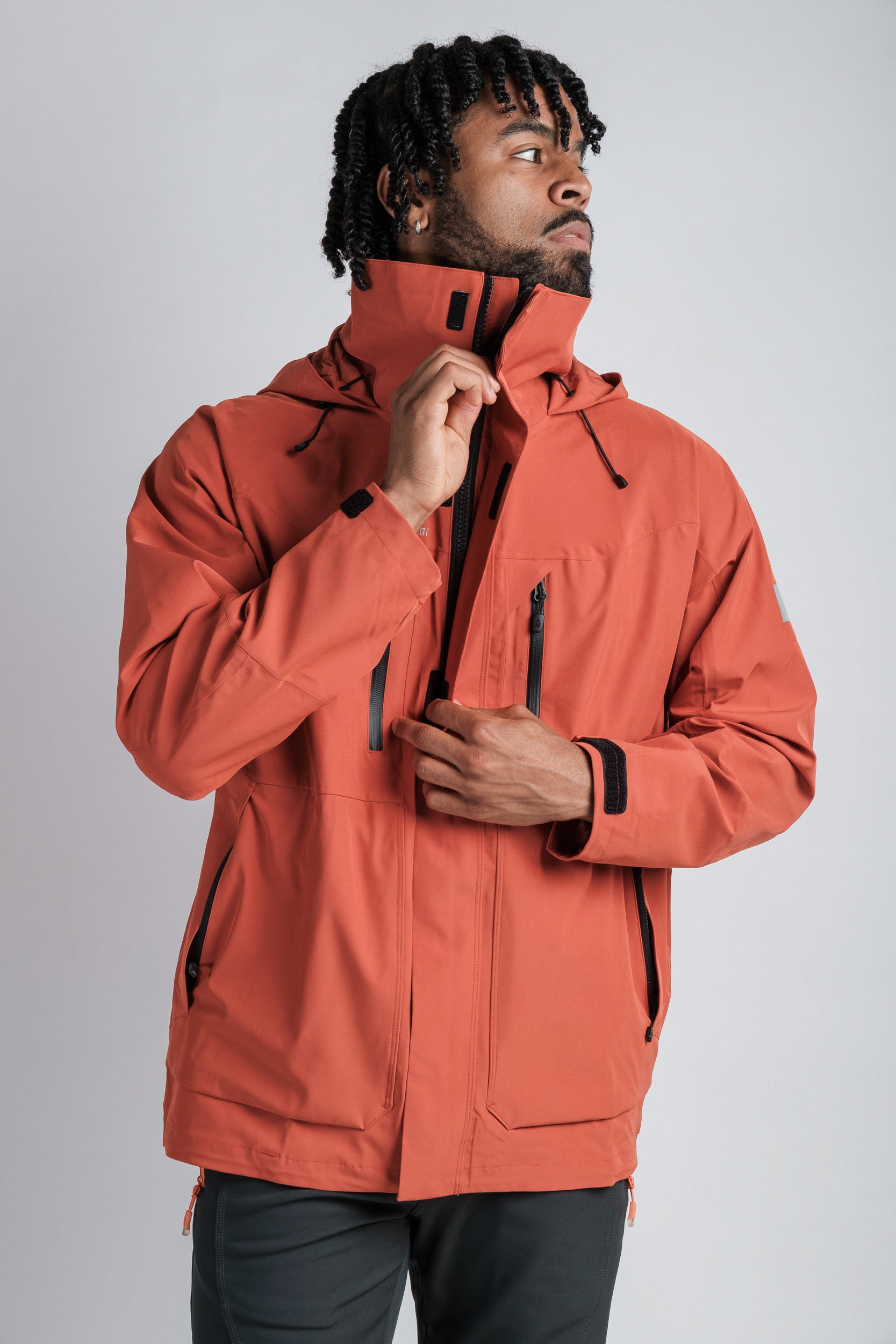
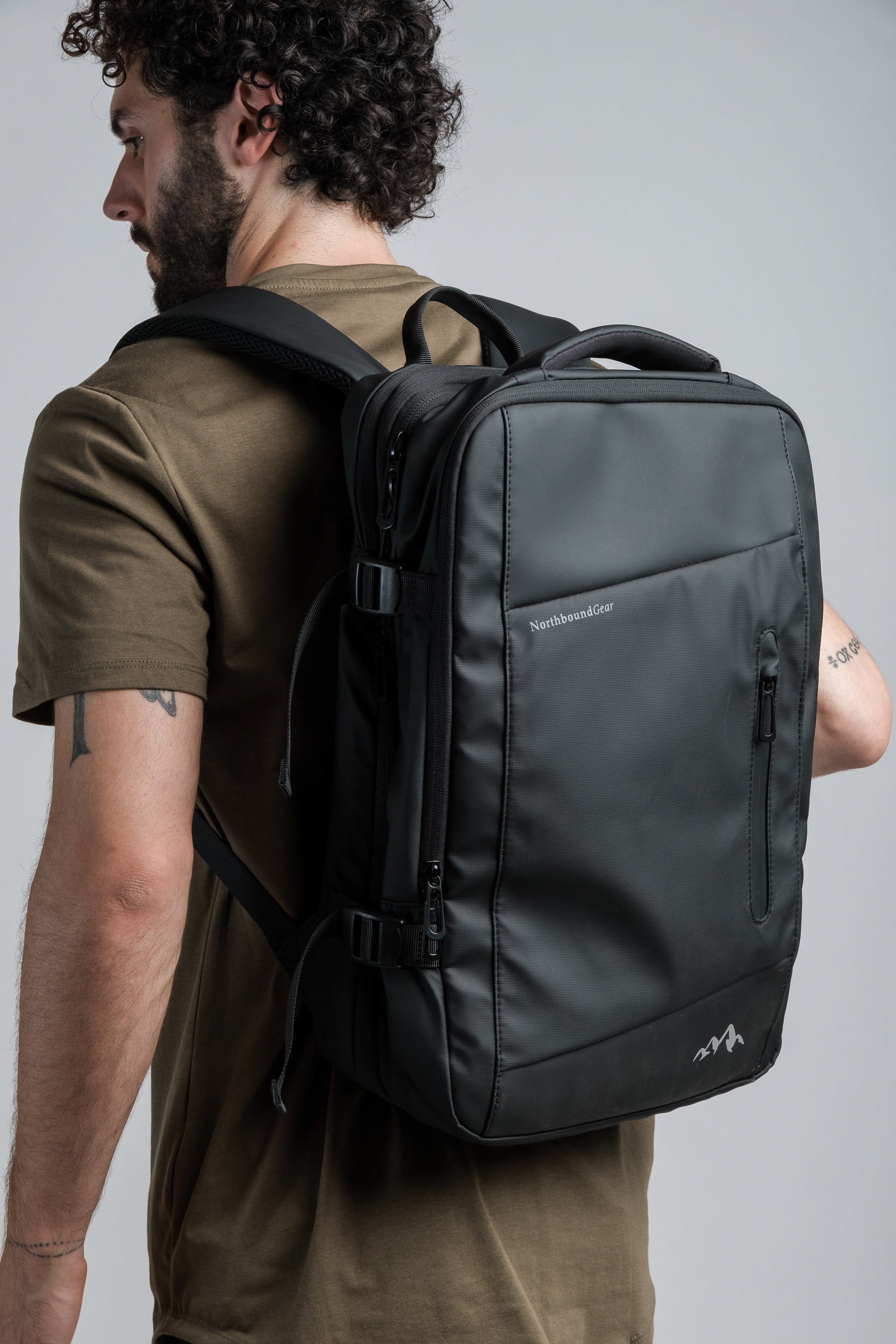
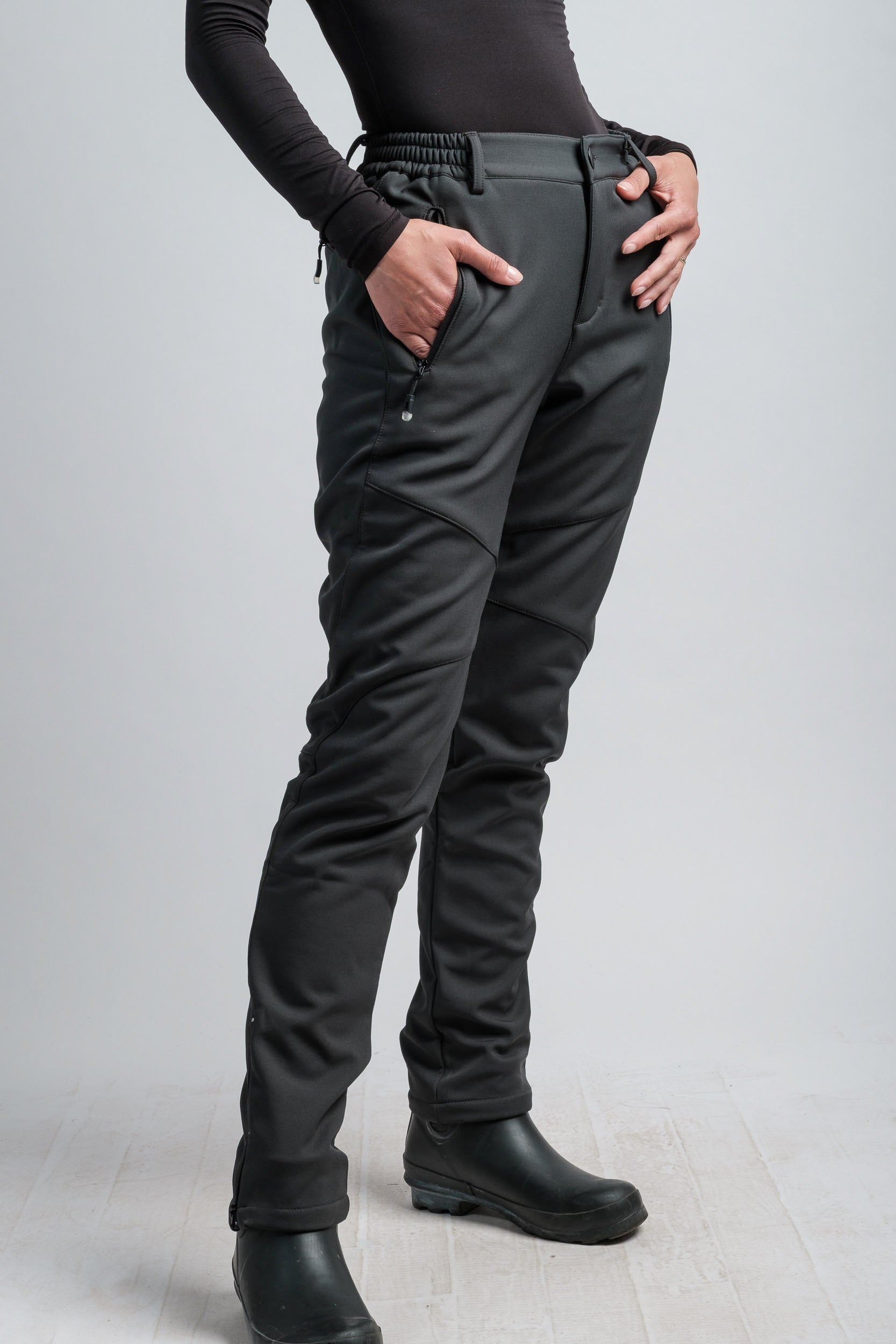
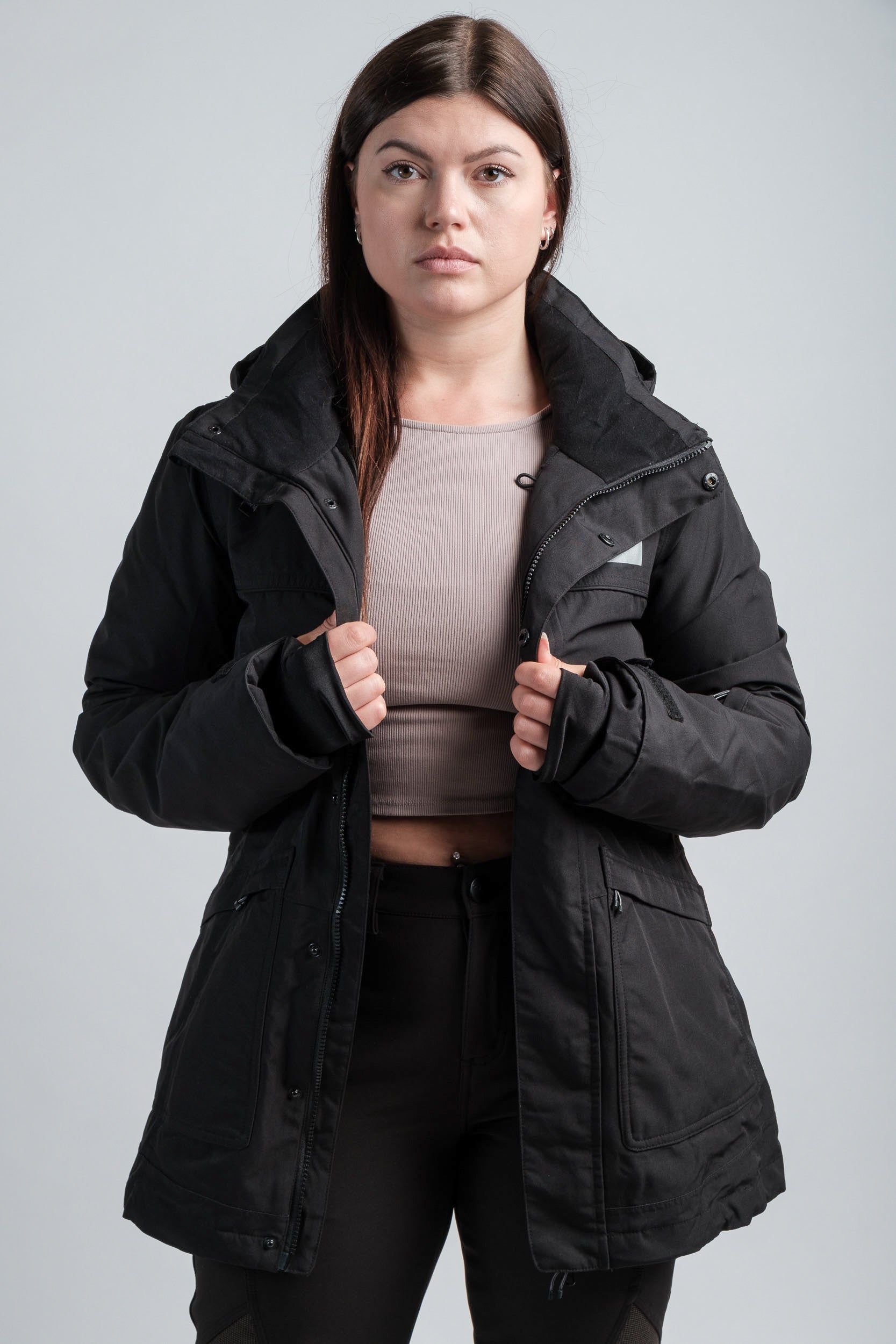
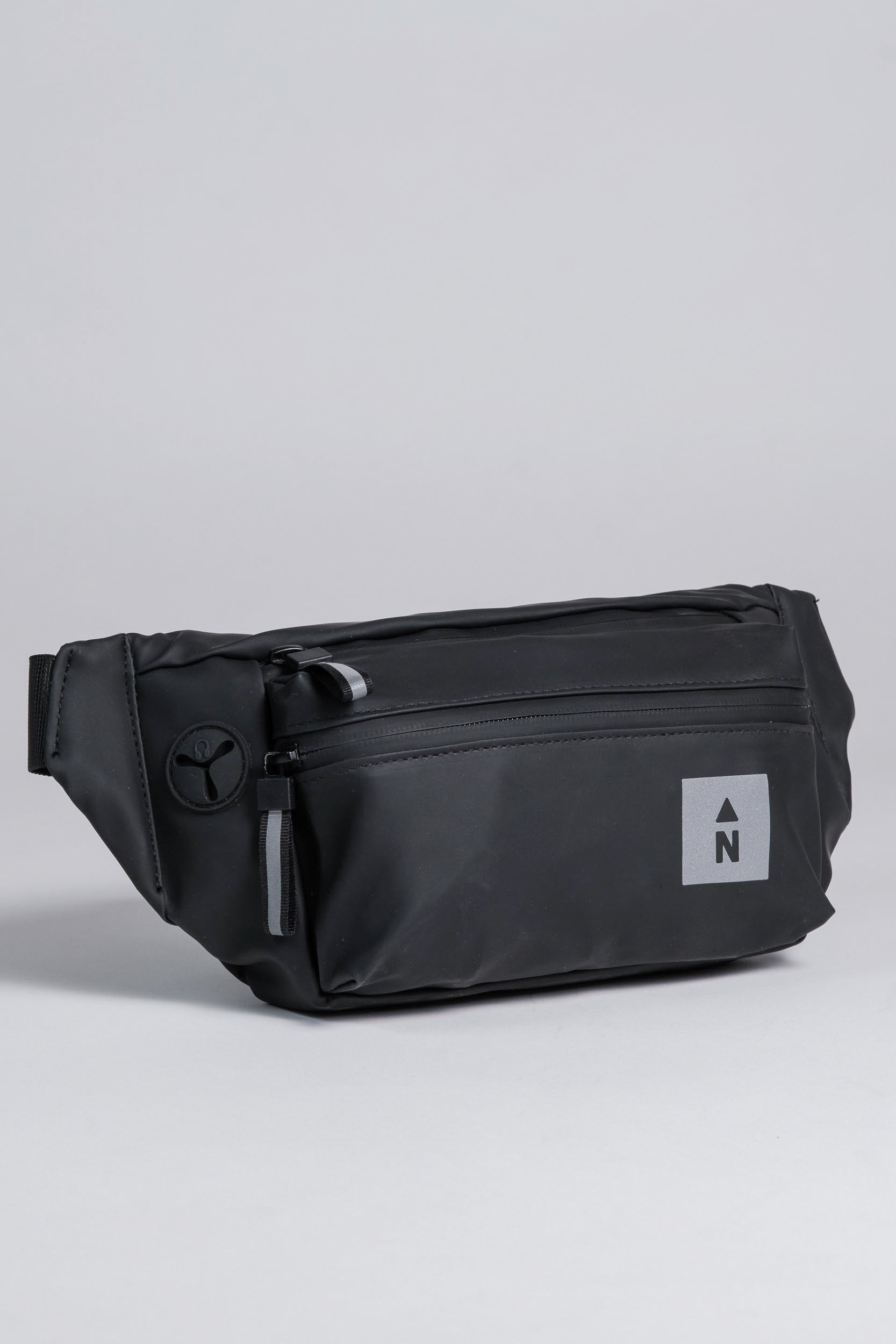

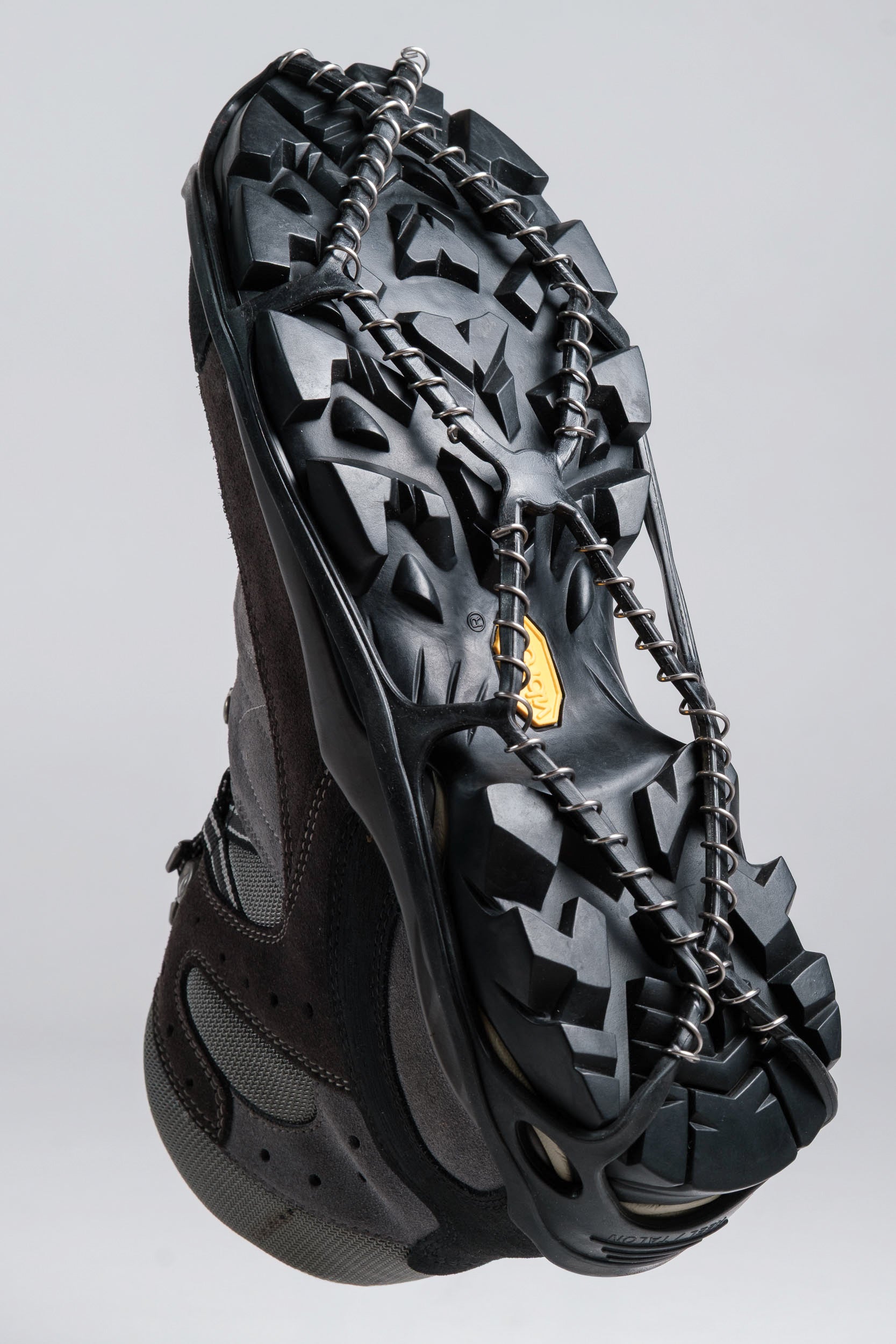

Leave a comment
All comments are moderated before being published.
This site is protected by hCaptcha and the hCaptcha Privacy Policy and Terms of Service apply.